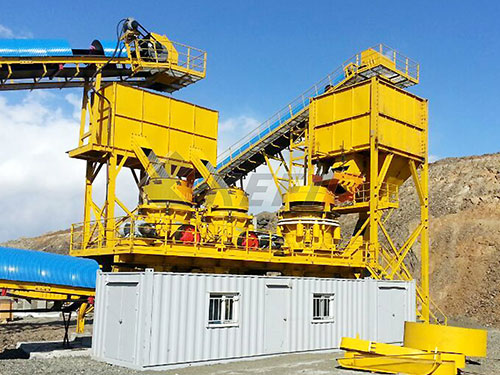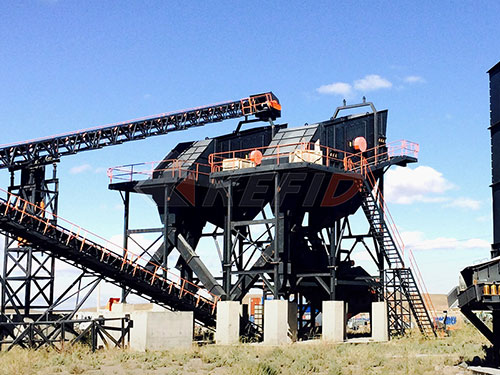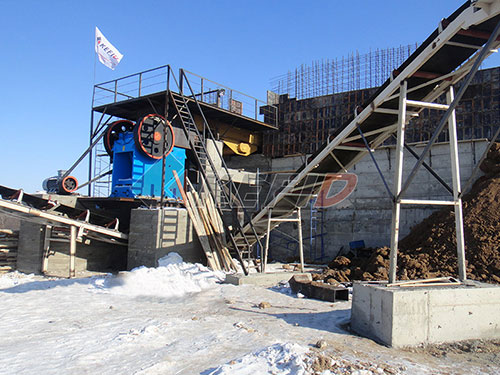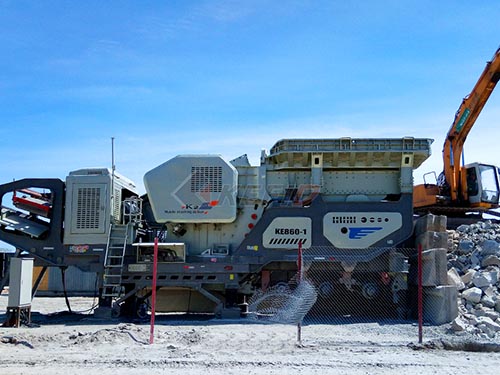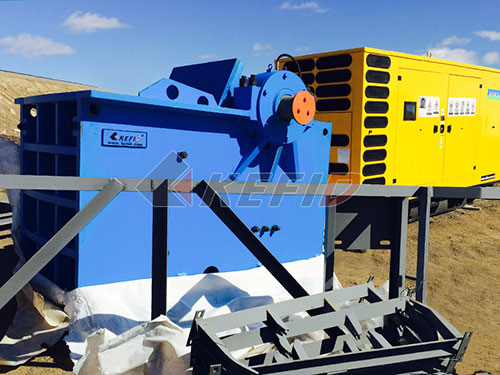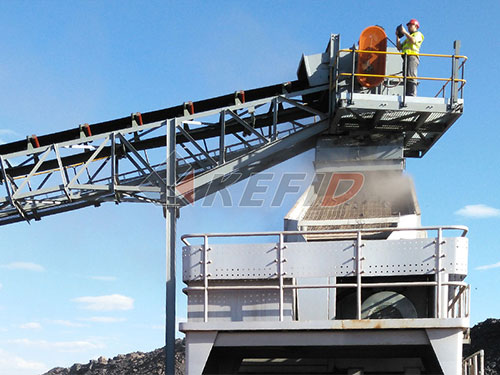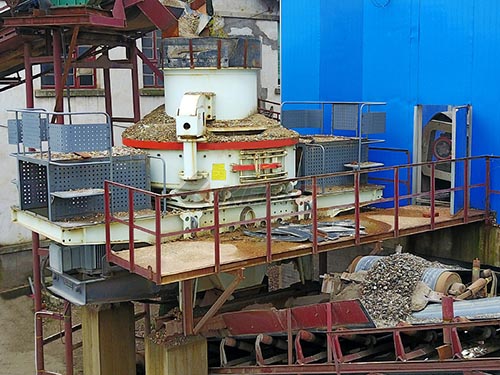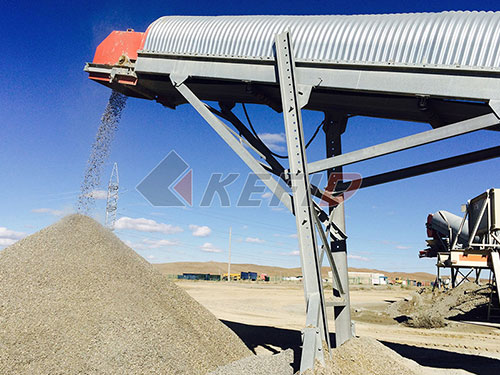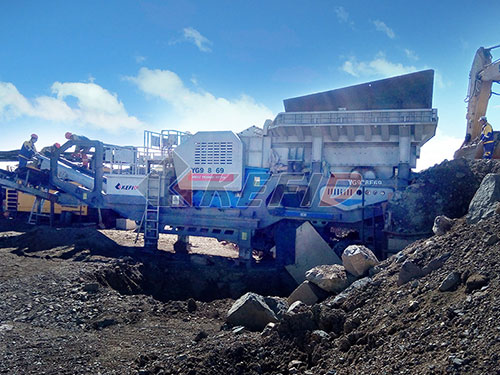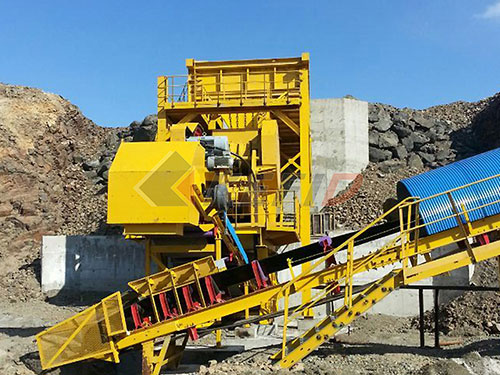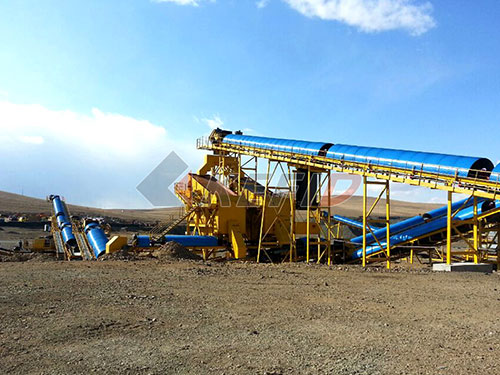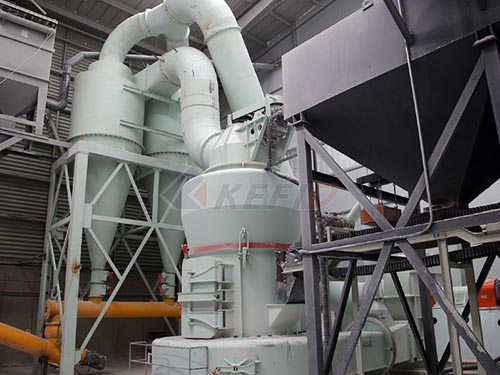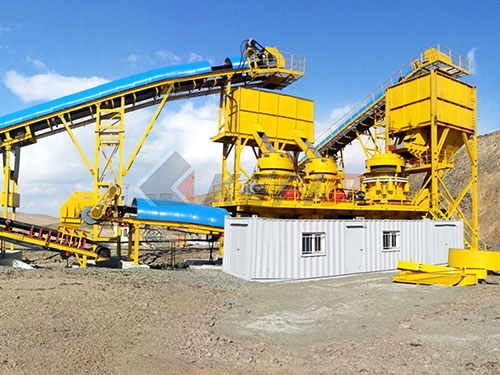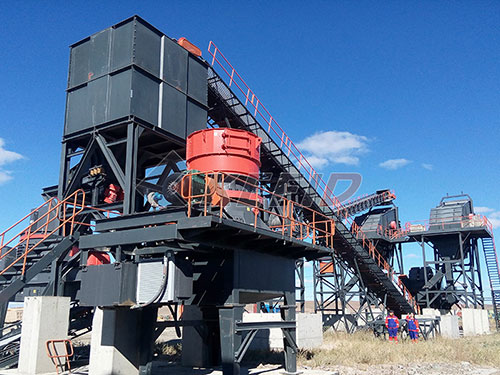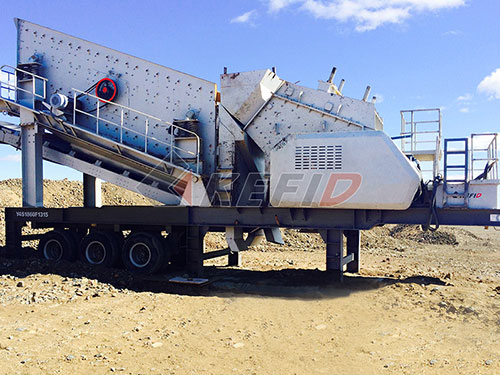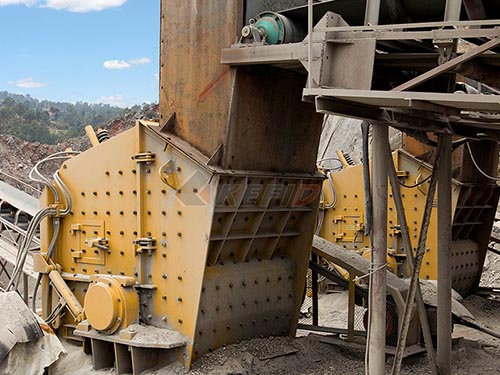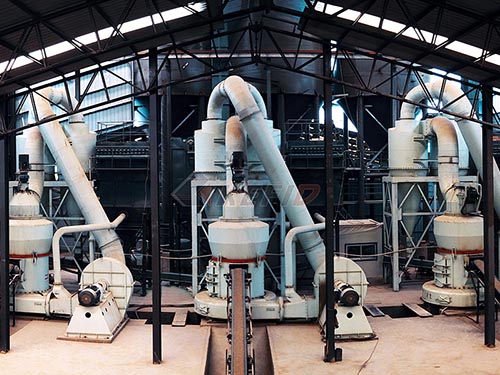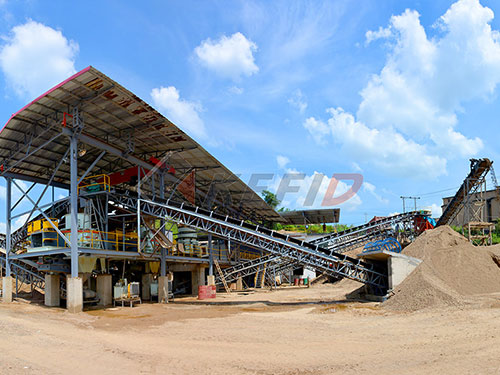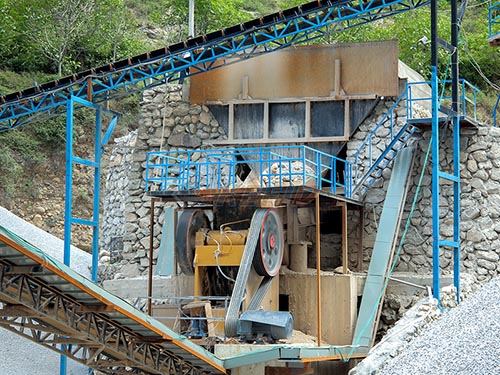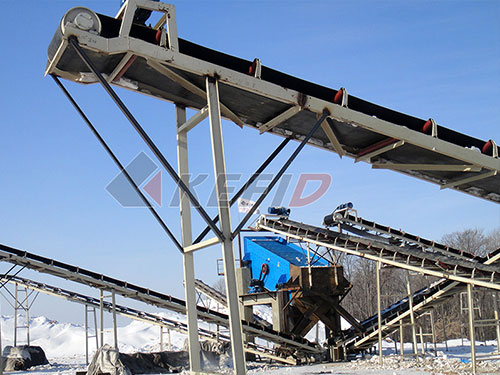The Strategic Imperative: Investing in Single Cylinder Cone Crushers for Indonesia’s Resource Boom
Indonesia stands at a pivotal moment in its economic development trajectory. Driven by ambitious infrastructure projects under initiatives like the National Strategic Projects (PSN), relentless urbanization, and its position as a global powerhouse in commodities like nickel, coal, copper, tin, and bauxite, the demand for high-quality aggregates and efficient mineral processing has never been greater. Within this dynamic landscape, investing in Single Cylinder Hydraulic Cone Crushers (SCCs) emerges not merely as an equipment choice, but as a strategic decision offering compelling advantages for operators across mining, quarrying, and construction sectors seeking resilience, efficiency, and profitability.
Understanding the Indonesian Context: Challenges Driving Equipment Choice
The Indonesian archipelago presents unique operational challenges that directly influence machinery selection:
1. Geographic Dispersion & Logistics: Operations are often located on remote islands or challenging terrains (Sumatra’s mountains, Kalimantan’s rainforests). Transporting heavy machinery is costly and complex; spare parts logistics can be a significant bottleneck.
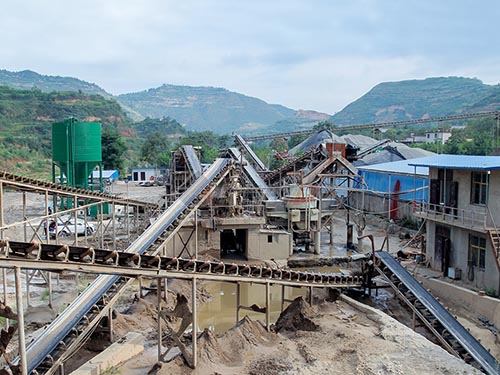
2. Infrastructure Constraints: While improving rapidly under PSN programs like toll roads and ports (“Tol Laut”), reliable power supply remains inconsistent outside major industrial zones in many areas. Road access to sites can be difficult.
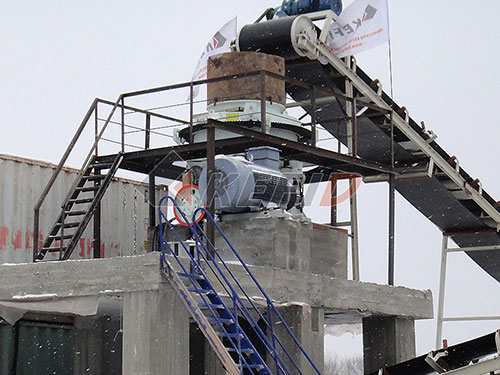
3. Material Characteristics: Indonesian ores (especially lateritic nickel) are notoriously abrasive and hard-wearing on crushing equipment. High silica content is common.
4. Operational Cost Sensitivity: Fuel costs fluctuate significantly; skilled operator availability varies; minimizing unplanned downtime is critical for project viability.
5. Regulatory Environment: Increasingly stringent environmental regulations demand efficient dust control and noise reduction.
Why Single Cylinder Cone Crushers? Addressing Core Needs
The Single Cylinder Hydraulic Cone Crusher offers a design philosophy uniquely suited to overcoming these Indonesian challenges:
1. Simplified Design & Enhanced Reliability:
Fewer Components: Compared to multi-cylinder cone crushers or traditional spring cone crushers, SCCs have significantly fewer moving parts – primarily one main hydraulic cylinder controlling all functions (crushing force adjustment, overload release, cavity clearing). This inherently reduces potential failure points.
Robust Construction: Designed around a powerful single hydraulic cylinder integrated into the main shaft assembly beneath the crushing chamber core.
Reduced Downtime Risk: Fewer components translate directly to lower probability of mechanical failure and less frequent maintenance interventions – crucial where
